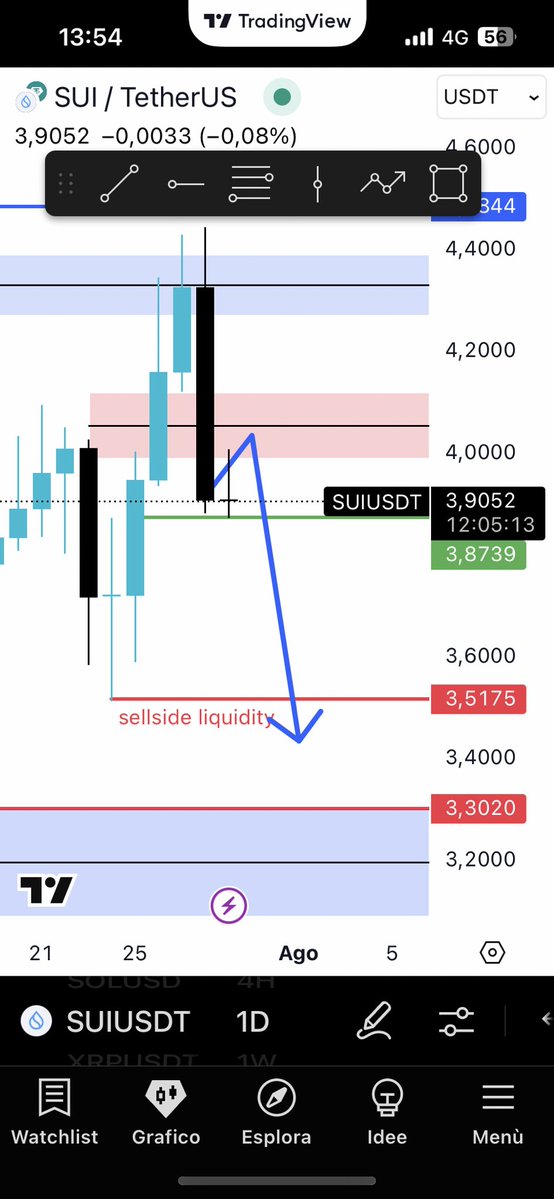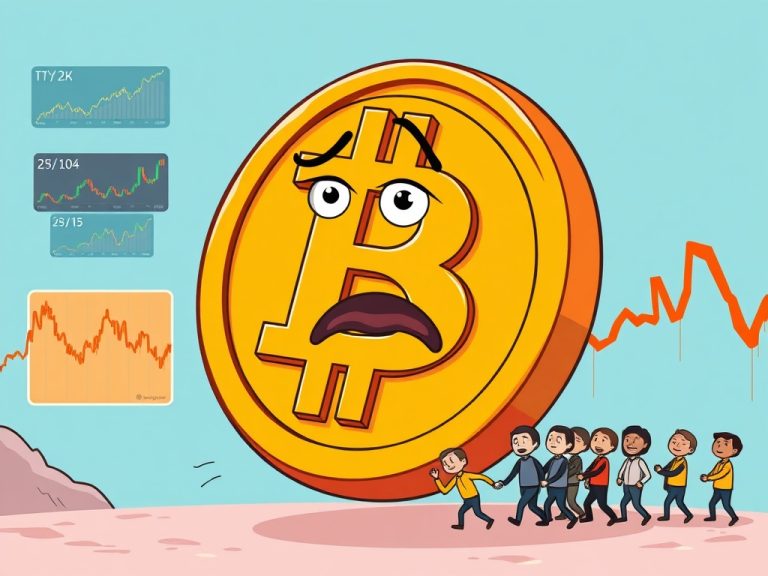
Vietnam’s Legalization of Digital Assets: A Transformative Milestone in the Global Crypto Landscape
—
Opening the Gates: Vietnam’s Digital Tech Industry Law and Its Significance
In an era where digital innovation reshapes economic frameworks worldwide, Vietnam is taking a decisive leap forward by legalizing digital assets under its new Digital Tech Industry Law, effective January 1, 2026. This legislative breakthrough marks a significant pivot for a Southeast Asian nation that, for years, maintained a cautious stance on cryptocurrencies and related technologies.
Legalizing digital assets is more than a regulatory adjustment for Vietnam; it signals a strategic alignment with global trends and an acknowledgment of the crypto economy’s potential to foster financial inclusion, stimulate innovation, and attract investment. The new law frames digital assets within a legal context, offering clarity and security for users, businesses, and investors alike.
—
Laying the Foundation: What Does Legalization Entail?
Vietnam’s Digital Tech Industry Law codifies the recognition, regulation, and oversight of digital assets—ranging from cryptocurrencies like Bitcoin to various tokenized assets—establishing a legal foundation for their issuance, trading, and utilization. The law’s impact is multifaceted:
– Regulatory Clarity: By legitimizing digital assets, the law removes ambiguity that has often hampered enterprise development and adoption.
– Investor Protection: Clear legal parameters help reduce fraud risks and illicit activities, enhancing confidence among both retail and institutional investors.
– Market Growth: Legal frameworks often act as catalysts for innovation hubs, fintech startups, and partnerships with global crypto players.
This legislative move likely follows comprehensive reviews of economic indicators and technological trends, recognizing that the benefits of embracing digital assets outweigh potential risks when managed prudently.
—
Vietnam’s Crypto Ecosystem in Context: Why Now?
Vietnam’s decision comes during a robust phase of growth in the global crypto market. Recent data highlights a surge in decentralized exchange (DEX) volumes—up 460% over two years—and an 83% increase in stablecoin supply. These figures indicate burgeoning market maturity and user adoption, setting the stage for legislative action.
Moreover, stablecoins now represent about 1.1% of the total US dollar supply, underscoring the scale of digital currencies moving through the financial system. Regional players and Southeast Asian economies have been increasingly exploring crypto solutions, with Singapore, Thailand, and the Philippines advancing regulation and expanding crypto infrastructure. Vietnam’s entry signals its intent not to be left behind in this digital revolution.
—
Economic Implications: Unlocking New Opportunities
Legalizing digital assets opens substantial avenues for Vietnam’s economy:
– Financial Inclusion: With a significant unbanked population, digital currencies can provide access to financial services for remote or marginalized communities, leveraging smartphone penetration and mobile internet.
– Innovation and Startups: Clarity promotes fintech growth, attracting startups focused on blockchain applications, decentralized finance (DeFi), and digital identity solutions.
– Foreign Investment: International crypto firms and institutional investors may view Vietnam as a viable destination for partnerships and capital allocation.
– Tax Revenue: Formalizing digital asset transactions enables tax authorities to collect revenues, supporting public spending.
The government’s ability to balance innovation with regulatory oversight will shape how effectively these opportunities materialize.
—
Global Ripple Effects: Vietnam’s Move in the International Arena
Vietnam’s legalization is likely to influence neighboring countries and the broader Asia-Pacific region, which is a hotbed for crypto development. Countries often observe the regulatory successes and failures of neighbors before moving forward. Vietnam’s experience may provide a blueprint, encouraging others to embrace digital assets while instituting safeguards.
Simultaneously, global institutional interest in cryptocurrencies is accelerating. Notably, BlackRock has acquired 3% of all Bitcoin, becoming one of the largest institutional holders. This trend signifies increasing mainstream acceptance and the integration of digital assets into traditional financial portfolios.
The entry of giants like Shopify enabling USDC payments via MetaMask and reports about Amazon and Walmart exploring their own stablecoins suggest that digital assets are becoming embedded in everyday commerce and finance worldwide. Vietnam’s legalization ensures it can tap into these global dynamics rather than lag behind.
—
Challenges on the Horizon: Managing Risks and Building Infrastructure
While the prospects are promising, Vietnam faces several challenges ahead:
– Regulatory Enforcement: Crafting nuanced regulations that prevent money laundering, fraud, and market manipulation without stifling innovation will demand advanced capabilities and resources.
– Technological Infrastructure: Scalable, secure digital infrastructure is vital to support widespread adoption and protect user data.
– Public Education: Broad understanding of digital asset benefits and risks among the general populace remains essential to foster responsible participation.
– International Compliance: Aligning with global standards to ensure interoperability and acceptance worldwide is critical.
Vietnam’s policymakers must design adaptive frameworks that accommodate the rapidly evolving crypto landscape.
—
Conclusion: Pioneering a Digital Future
Vietnam’s decision to legalize digital assets marks a pivotal moment in its economic and technological evolution. By embracing digital currencies within a lawful structure, it opens the door to innovation, investment, and inclusive growth. The move simultaneously propels Vietnam onto the global crypto stage, inviting collaboration with cutting-edge firms and investors.
This legislative milestone should inspire a deeper global conversation about balancing innovation with regulation, and the transformative potential digital assets hold—not just as speculative tools, but as vehicles to reshape finance and commerce for millions.
As Vietnam readies to implement the Digital Tech Industry Law in 2026, all eyes will be on how effectively it navigates the complexities ahead—offering a living case study of how a dynamic economy integrates digital assets into its fabric.
—
References
– Crypto Bulletin, Twitter updates June 15, 2025, various reports on crypto volume, stablecoins, and market participation.
– Market data reports on cryptocurrency trade volumes, stablecoin circulation, and institutional holdings.
– News on Shopify’s USDC payment integration, Amazon & Walmart stablecoin exploration.
– BlackRock’s Bitcoin holdings and institutional investment trends.
—
Related Reading
– Vietnam Digital Tech Industry Law Introduction (anticipated)
– Token Terminal: Decentralized Exchange Volume Statistics
– Shopify Integrates USDC via MetaMask (Coinbase powered)
– BlackRock Bitcoin Holdings Analysis
– Amazon & Walmart Stablecoin News (Wall Street Journal)







